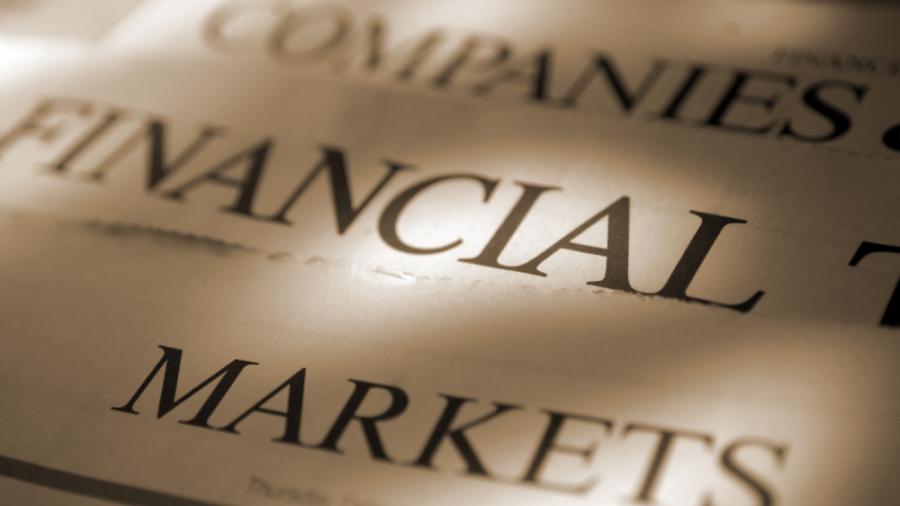Personal Wealth Management / Politics
Holloundering
Despite a seemingly pro-business move lowering some taxes on Monday, Hollande’s future legislation likely doesn’t stay on this, or any, set path.
London may see fewer French pigeons about—if Hollande’s new tax legislation’s indicative of future moves. Photo by Oli Scarff/Getty Images.
French President FranÇois Hollande took another stab at bolstering his country’s flagging economy on Monday, proposing legislation to cut capital gains taxes on investments in start-ups. Under the 2013 budget, investors exiting start-ups would have faced effective marginal rates of around 60%—under the new plan, 50% to 85% of gains will be exempt (depending on the length of the investment), bringing effective marginal rates as low as 24%. Though that’s still quite high, it’s not quite the growth-stifling 60% rate initially expected, and the country will get a somewhat simpler tax code.
The move is something of a U-Turn for Hollande, who proposed hiking investment taxes in the 2013 budget. In protest of those plans, young entrepreneurs, calling themselves Les Pigeons (French slang for “the suckers”), took to social media sites, advertising their disapproval, and more than 70,000 French citizens joined the cause. Hollande’s U-Turn may be an attempt to curry favor with these folks and shore up support among the broader business community, but it should also carry economic benefits. Small- and mid-sized companies are a key source of economic growth and job creation in Europe—particularly in France, where restrictive labor laws kick in once a firm amasses 50 employees. Hence, barriers to the smallest firms’ success likely hinder improvement in the broader economy. Higher taxes on investments (in addition to restrictive labor laws and a high minimum wage) would have made it exceedingly difficult for many start-up companies to clear financial hurdles to success—they punish investment, making it difficult for firms to get much-needed funding. Lower taxes aren’t a panacea, but they should give businesses an easier road. More firms should get funding from venture capital and private equity—especially key at a time when eurozone banks aren’t extending much credit to new firms.
This saga is emblematic of the many twists and (U)turns Hollande’s policies have taken since he took office. After Hollande won the 2012 election, his popularity was tops, and he seemed to interpret his wide margin of victory as popular support for his proposals to raise taxes on businesses and high earners, hike the minimum wage and lower the retirement age. And certainly voters liked some of these proposals—but polls suggested they weren’t exactly handing all his policies a firm mandate. Rather, it seemed they’d tired of Sarkozy and wanted a change—any mainstream opposition candidate seemingly stood a fair chance of winning. Hollande enjoyed high approval ratings simply for being different from the incumbent.
That became apparent in the reaction to his first budget, which featured many of his campaign pledges. Within weeks of its unveiling, his approval rating sank to a then-low 42% (at the same point in his term, Sarkozy enjoyed a 63% approval rating). Supporters of his Socialist party didn’t like what they saw as an “austerity” package, and business groups decried measures that would make French firms less competitive. Hollande stuck to his guns for a while, but the economy stayed lackluster, the deficit rose, and he got ever more flack for being “anti-business.” So he U-Turned, offering small corporate tax breaks and some labor market reforms. The private sector cheered, but Hollande got pushback from his party for not being Socialist enough. Since then he’s continued trying to play to both sides, but his approval rating’s at a record low 21%—making him (as of now) the French Republic’s most unpopular president in history—and France’s economy’s still contracting.
So Hollande’s taking it on the chin from citizens, businesses and members of his own party. And his government’s walking somewhat shaky ground after some members. He’s some member lashed out against Angel Merkel for being “selfish” by demanding austerity from European partners, and Hollande was caught in the middle. (Though we doubt a Franco-German breakup is inevitable as some fear.) Meanwhile, Sarkozy is rapidly regaining popularity, and polls suggest he’d win a contest against Hollande today. Though Sarkozy hasn’t officially declared a return to frontline politics, he’s made a couple of joking hints—whether or not he pursues a comeback though, voters’ apparent desire for a Mulligan less than a year since the election is notable.
Whether it influences policy from here, though, remains to be seen—Hollande can’t seem to decide whether he wants to rebuild political capital among his base or curry favor with the private sector. Even if he tries to pursue more pro-business reforms, fellow Socialists in Parliament may not play along. One potential outcome is French gridlock—not the best case scenario considering economic policy could use a fair bit of rejiggering to boost output and comply with the EU’s deficit limits, but better than the alternative of extreme legislation.
Still, back-and-forth politicking tends not to make lasting economic change, so it’s likely a while before we see credible measures to improve France’s competitiveness. Not that France is in terrible shape—it remains one of Europe’s stronger economies, even with its antiquated labor code and trade protections. Despite rising deficits, France isn’t Greece (or Spain or Italy). It just has a lot of low hanging fruit for economic reform, which likely stays on the tree for a while longer—one of many reasons the eurozone economy likely remains in the doldrums a while longer and likely remains the economic growth caboose rather than the engine.
If you would like to contact the editors responsible for this article, please message MarketMinder directly.
*The content contained in this article represents only the opinions and viewpoints of the Fisher Investments editorial staff.
Get a weekly roundup of our market insights
Sign up for our weekly e-mail newsletter.

You Imagine Your Future. We Help You Get There.
Are you ready to start your journey to a better financial future?

Where Might the Market Go Next?
Confidently tackle the market’s ups and downs with independent research and analysis that tells you where we think stocks are headed—and why.






